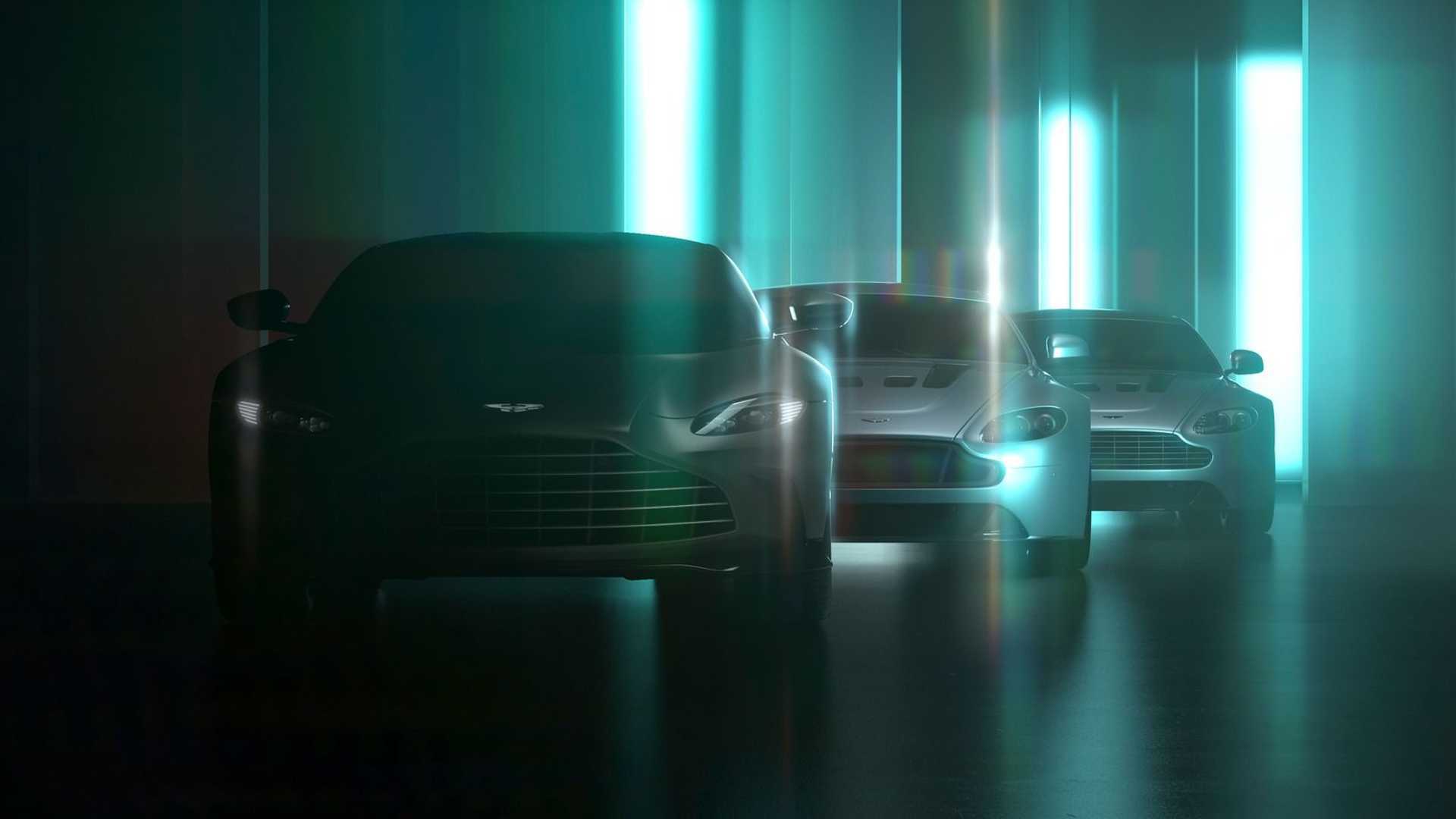
Just as the electric vehicle market started showing signs of slowing down, several automakers, especially those with low-volume production and a high price point, have adjusted their stance on EVs. They have announced that they will keep producing cars with combustion engines for longer than previous estimates and that they don’t plan to stop until they are legally obligated to do so.
Aston Martin is the most recent automaker to make a similar announcement. Its official plan was to launch its first EV in 2025, but in February of this year, it announced that it had been pushed back to 2026. That made the company’s commitment to EVs not seem as strong as before, and it seems to be confirmed by a statement recently made by the company’s executive chairman, Lawrence Stroll.
Aston Martin fears that going electric will make its customers vanish
Low-volume, high-price point automakers like Aston Martin don’t want to go electric fearing their very small customer base, which wants powerful and noisy combustion engines, will disappear if it goes all-in on EVs.
According to PistonHeads, the Aston Boss, referring to the brand’s first EV, said “We planned to launch the first car next year in 2025. We were ready to do so, but it seems there is a lot more hype in the EV market that was politically driven rather than by consumer demand. Particularly at an Aston Martin price point.”
He also confirmed that much of the development work on Aston’s bespoke EV platform was done and that the automaker intends to use it to underpin four different models: “a sports car, an SUV, a type of CUV and a halo hypercar. We have all those products designed and technically engineered, so that process is done.”
Stroll also noted that “We are going to invest much more heavily in our PHEV program to be a bridge between full combustion and full electric” because the brand’s customers want cars that make noise and have an exciting combustion-centric powertrain. He also announced that the Aston Martin EV would be pushed back by another year so it would arrive in 2027 and that more emphasis would be put on plug-in hybrids until then.
These future Aston PHEVs will feature both the AMG twin-turbo V8 as well as the brand’s own V12, so we can expect power outputs to reach close to 1,000 horsepower in the most potent models. These cars will be both front- and mid-engined, and there’s no reason for Aston to stop selling them until well into the mid-2030s or “for as long as we’re allowed to legally, we will keep making them. I believe there will always be a demand, although granted that demand will shrink,” according to Stroll.
The first series plug-in from Aston Martin is expected to be a PHEV version of the DBX, the brand’s first SUV. It is currently available with the AMG-sourced twin-turbo V8, which makes 550 horsepower in the base version, but with the addition of an electric motor, it could make over 800 horsepower and provide a few dozen fully electric miles of range.

